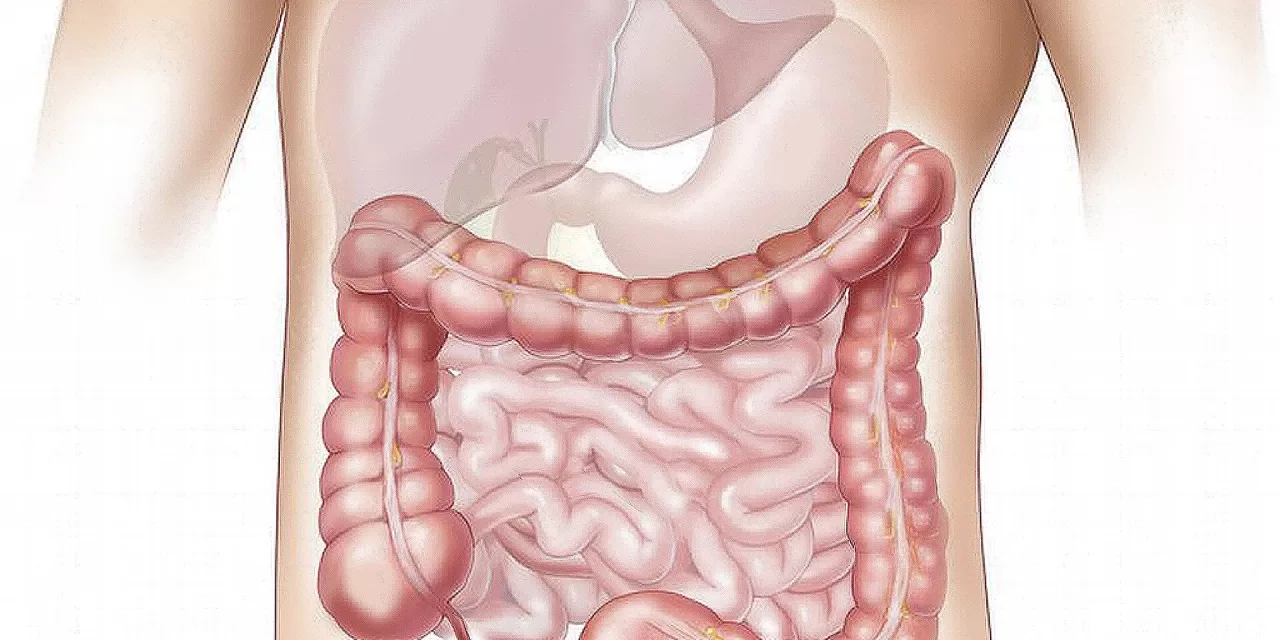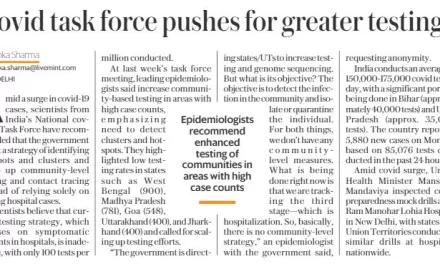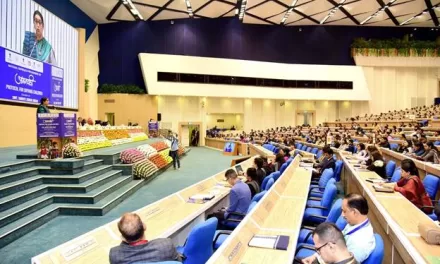Groundbreaking research presented at UEG Week 2024 in Vienna has revealed that chronic stress accelerates the progression of colorectal cancer (CRC) by disrupting the balance of gut microbiota. The study, led by Dr. Qing Li, uncovers a crucial relationship between stress, gut bacteria, and cancer growth, pointing to new avenues for CRC prevention and treatment.
The research demonstrated how eliminating certain gut bacteria and inducing stress in lab models could accelerate CRC progression. By using an antibiotic cocktail to eradicate gut microbiota and conducting fecal microbiota transplants, the team explored whether gut bacteria were necessary for stress to influence cancer growth.
Dr. Li explained, “We found that chronic stress not only increased tumor growth but also reduced beneficial gut bacteria, particularly those from the Lactobacillus genus. These bacteria play a key role in the body’s immune response against cancer, and their depletion under stress weakens the immune system’s ability to fight tumor development.”
The Role of Lactobacillus in Cancer Defense
One of the most significant findings was the role of Lactobacillus, a beneficial gut bacterium, in regulating immune function. Lactobacillus was particularly sensitive to the antibiotic cocktail used, and its depletion was observed in both stressed and non-stressed groups, highlighting its importance in gut health and cancer prevention.
The researchers supplemented mice with Lactobacillus during periods of chronic stress and observed a reduction in tumor formation. This finding led them to conclude that Lactobacillus influences the function of CD8+ T cells, which are critical for the body’s anti-tumor immunity.
“Through fecal analysis, we found that Lactobacillus plantarum specifically regulated bile acid metabolism and enhanced the activity of CD8+ T cells. This suggests that Lactobacillus may strengthen anti-tumor immunity, particularly in the context of chronic stress,” Dr. Li stated.
Surprising Discoveries
Despite the promising results, unexpected challenges emerged during the study. Initial tests indicated that Lactobacillus plantarum might enhance the immune function of CD8+ T cells through metabolite production. However, in vitro tests showed that L. plantarum alone did not significantly stimulate the production of key metabolites by these immune cells. The findings suggest that the bacteria might require the specific gut environment to trigger its full anti-tumor effects.
A Potential Therapeutic Pathway
The study opens the door for potential Lactobacillus-based therapies for CRC, particularly for patients experiencing chronic stress. Dr. Li suggested that combining traditional anti-tumor drugs with L. plantarum supplementation could provide an effective treatment strategy for these patients.
Colorectal cancer remains a significant health concern, especially in Europe, where it is the second most common cancer and the second leading cause of cancer-related death. As CRC incidence is projected to rise due to factors like unhealthy diets and physical inactivity, innovative approaches to treatment, such as restoring gut health, are becoming increasingly vital.
Next Steps in Research
Dr. Li and her team plan to continue their research by collecting fecal and tumor samples from CRC patients to study changes in gut microbiota among individuals with and without chronic stress. Their goal is to determine whether L. plantarum is significantly reduced in stressed patients and to further explore its relationship with anti-tumor immune cells.
“Restoring beneficial bacteria in the gut, such as Lactobacillus, could play a critical role in strengthening the body’s defenses against colorectal cancer,” concluded Dr. Li.
This research highlights the intricate connections between stress, gut health, and cancer progression, suggesting that gut microbiota restoration may emerge as a vital strategy in the fight against CRC.
More information:
Li, Q. & Yang, J. “Chronic Stress Accelerated Colorectal Cancer Progression by Disturbing the Balance of Gut Microbiota.” Presented at UEG Week 2024, 13 October 2024, Vienna, Austria.












